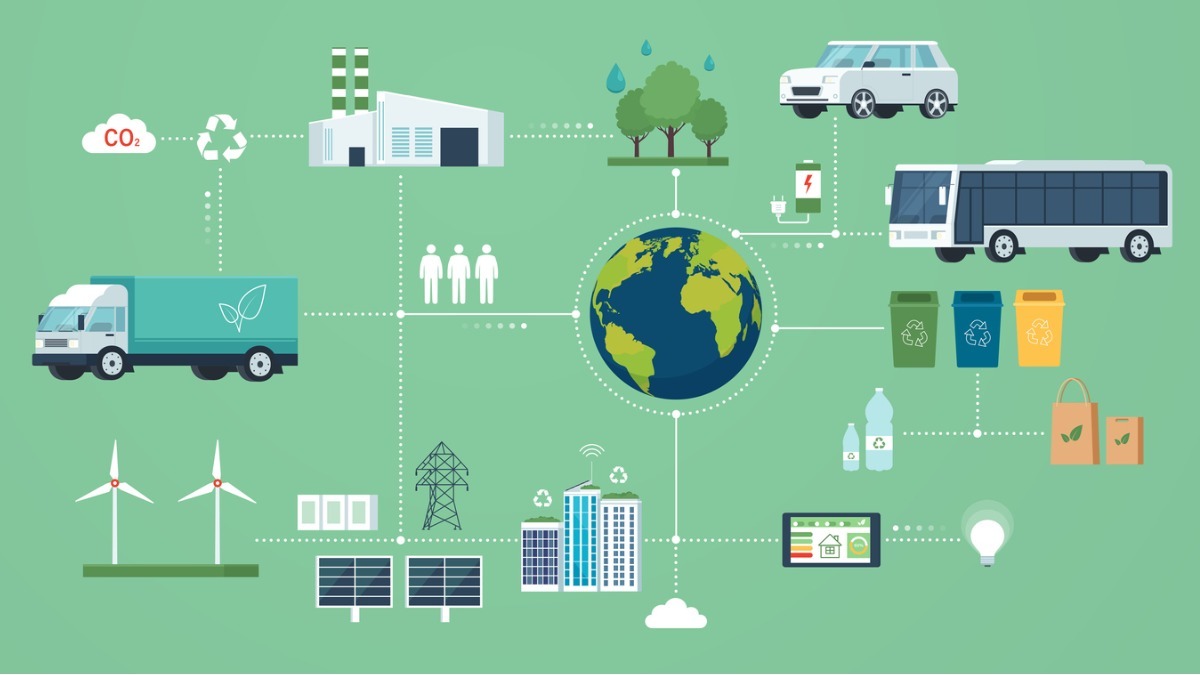04.26.2024
Your Complete Guide To Scaled Agile Framework Certification

Posted by Marbenz Antonio on November 16, 2022

Along with ongoing supply chain disruptions and the growing pains of pervasive technology, chief supply chain officers (CSCOs) face some challenges. However, when businesses take sustainability into account during the supply chain and procurement processes, it can lead to innovation, business expansion, and cost savings. In terms of profitability, 62% of sustainability trailblazer companies outperform their competitors, according to IBM Institute for Business Value research.
Supply chains can bring about measurable, circular, and sustainable change, as discussed in the most recent thought leadership paper, Building intelligent, resilient, and sustainable supply chains. CSCOs have the chance and responsibility to put strategic sustainability programs that reconsider sourcing methods and business models first. They can maximize asset management, net zero operations, and green operations. They must also take into account the potential effects on human rights of their upstream and downstream value chains. Most importantly, sustainability needs to be operationalized, incorporated into the corporate strategy, and integrated across business and technology goals for CSCOs to successfully create responsible and fair outcomes.
How much does the business dedicate to sustainability? Fortune 500 corporations are willing to invest USD 22 billion annually in sustainability initiatives in the US alone. But due to these common misconceptions by some decision-makers who believe sustainability measures are important, many businesses are still having difficulty advancing their sustainability goals:
All of these ideas create hesitancy, but they can be eliminated by taking into account:
Net zero roadmaps and corporate social responsibility (CSR) objectives can be operationalized and real change that has a substantial influence on the specific industry can occur in the supply chain. Supply chains have usually prioritized low delivery costs while paying little attention to their social and environmental effects. Thanks to modern technology, people can do better. Investing in sustainable supply chains across all industries now has a clear business case and a clear return on investment. Transformative and innovative sustainability programs that increase the impact on the environment, society, and governance (ESG) require smarter supply chains because they may increase visibility, cut waste, and enable new ways of working. Better supply chains take into account corporate goals, consumer desires, employee engagement, and legal and regulatory needs all at once.
But how can you be certain that these supply networks of the future can support sustainable operations? A crucial initial step is to build a strong data foundation, and there are several other details you must need:
The ultimate ecosystem of interconnectivity between people, processes, and technology is how sustainability should be viewed to be successfully implemented. Therefore, finding sustainable solutions cannot be an afterthought or the job of a team working in isolation. They must have clear accountability for ESG performance measurements and be a shared duty across the organization.
Here at CourseMonster, we know how hard it may be to find the right time and funds for training. We provide effective training programs that enable you to select the training option that best meets the demands of your company.
For more information, please get in touch with one of our course advisers today or contact us at training@coursemonster.com
